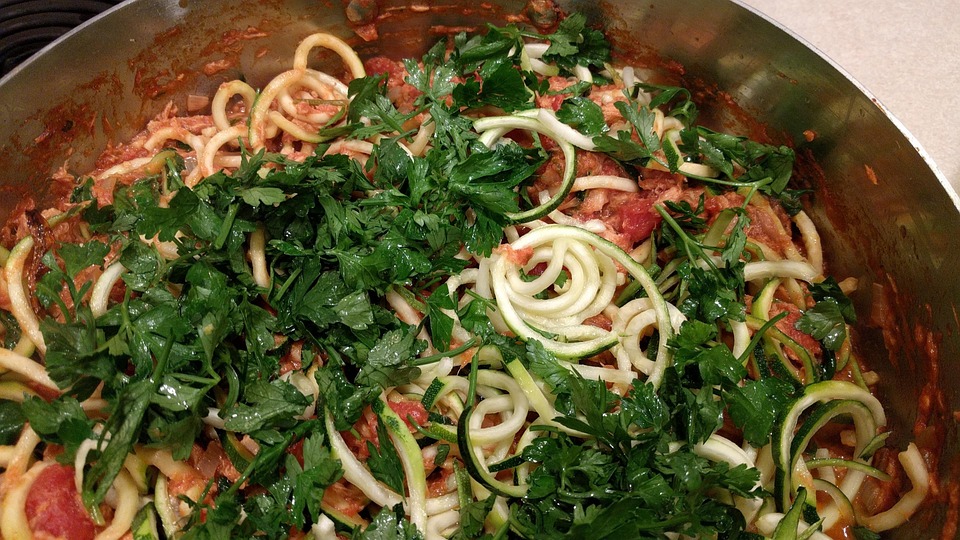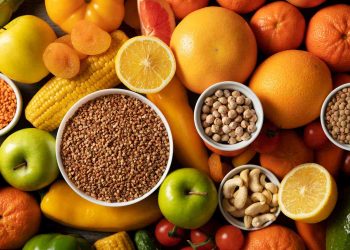Boosting your keto metabolism can be the game-changer you need. If you’re diving into the ketogenic lifestyle or have been riding the wave for a while, understanding how to enhance your body’s metabolic processes can lead to fantastic results. Let’s dig deep into ten secrets that will supercharge your keto journey and transform your life.
What Is Keto Metabolism?
Keto metabolism refers to the body’s ability to efficiently burn fat for fuel instead of carbohydrates. When you reduce carbs and increase healthy fats, your body enters a state called ketosis. In this state, fat is converted into ketones, which serve as a powerful energy source. The significance? A well-functioning keto metabolism can lead to weight loss, increased energy, and improved mental clarity. Who wouldn’t want that?
Why Boosting Your Keto Metabolism Matters
You’ve committed to the keto lifestyle, but the journey isn’t just about the food you eat. It’s about how your body processes that food. A sluggish metabolism can stall your progress and leave you feeling frustrated. On the flip side, a vibrant keto metabolism can help you shed pounds, elevate your energy levels, and enhance your overall health.
Let’s explore ten secrets to kickstart your keto metabolism!
1. Embrace Intermittent Fasting
Intermittent fasting (IF) is a powerful tool for boosting your metabolism while on keto. By cycling between periods of eating and fasting, you give your body a chance to burn through stored fat effectively.
- Start with a 16/8 split: Eat during an 8-hour window and fast for 16 hours.
- Gradually increase your fasting window as you get comfortable.
Studies show that intermittent fasting can help improve insulin sensitivity and promote weight loss. Check out this detailed guide on intermittent fasting.
2. Increase Your Protein Intake
Protein is your best friend when it comes to fueling your keto metabolism. Not only does it support muscle growth, but it also requires more energy to digest compared to fats and carbs.
- Aim for lean sources: Chicken, fish, eggs, and plant-based proteins are great options.
- Consider adding protein-rich snacks like Greek yogurt or nuts to your day.
Research indicates that a higher protein intake can boost your metabolic rate and help preserve muscle mass during weight loss.
3. Stay Hydrated
Water is essential for every metabolic process in your body. Staying hydrated helps facilitate fat oxidation and supports your kidneys in flushing out toxins.
- Aim for at least 8 cups (64 ounces) of water daily.
- Consider adding electrolytes, especially if you’re on a strict keto diet.
A study from the Journal of Human Nutrition and Dietetics shows that hydration plays a crucial role in maintaining optimal metabolic function.
4. Get Moving
Physical activity is non-negotiable when it comes to boosting your keto metabolism. Exercise increases muscle mass, which in turn enhances your resting metabolic rate.
- Aim for a combination of cardio and strength training.
- Short, intense workouts, like HIIT (High-Intensity Interval Training), can be particularly effective.
The American Heart Association recommends getting at least 150 minutes of moderate aerobic activity or 75 minutes of vigorous activity per week.
5. Prioritize Sleep
Never underestimate the power of a good night’s sleep. Lack of sleep can disrupt hormones that regulate metabolism, leading to weight gain and fatigue.
- Aim for 7-9 hours of quality sleep each night.
- Create a calming bedtime routine to promote better sleep quality.
Studies show that adequate sleep is vital for maintaining a healthy metabolic rate and overall well-being.
6. Incorporate MCTs
Medium-Chain Triglycerides (MCTs) are a unique type of fat that can be quickly absorbed and converted into energy. MCT oil can help boost your metabolism and increase ketone production.
- Add MCT oil to your morning coffee or smoothies.
- Look for foods rich in MCTs, like coconut oil and full-fat dairy.
Research published in the Journal of Nutrition indicates that MCTs can improve fat burning and support weight loss efforts.
7. Don’t Skip the Veggies
While keto focuses on high-fat, low-carb foods, don’t forget about non-starchy vegetables. These are low in calories and high in essential nutrients, helping support your metabolism.
- Incorporate leafy greens, broccoli, cauliflower, and bell peppers into your meals.
- Use veggies as a base for salads, stir-fries, or as snacks.
The Harvard T.H. Chan School of Public Health emphasizes the importance of vegetables in a balanced diet, especially for metabolic health.
8. Manage Stress Levels
Chronic stress can wreak havoc on your metabolism. It elevates cortisol levels, which can lead to weight gain and a sluggish metabolism.
- Practice stress-reducing activities: Yoga, meditation, or even a simple walk can help.
- Prioritize self-care and make time for activities that bring you joy.
Research shows that managing stress is essential for maintaining a healthy metabolic rate and overall well-being.
9. Experiment with Spices
Certain spices can give your metabolism a little boost. Cayenne pepper, for example, contains capsaicin, known for its metabolism-enhancing properties.
- Add spices like ginger, cinnamon, and turmeric to your dishes.
- Try a spicy keto-friendly chili or curry to heat things up!
Studies suggest that consuming spicy foods can lead to a short-term increase in metabolism.
10. Track Your Progress
Finally, keep an eye on your progress. Tracking your food intake, workouts, and how you feel can provide insights into what works best for your body.
- Use apps or journals to log your meals and activities.
- Regularly assess how your body responds to different foods and routines.
Understanding your unique metabolism can empower you to make informed decisions that align with your goals.
Bottom Line
Boosting your keto metabolism is not just about what you eat; it’s about how you live. By embracing these ten secrets, you can ignite your metabolism, enhance your energy, and transform your body.
So, today’s the day! Start implementing these tips and watch as your keto journey takes off. You’ve got this!
FAQs
What is ketosis?
Ketosis is a metabolic state where your body burns fat for fuel instead of carbohydrates.
How long does it take to enter ketosis?
Typically, it takes about 2-7 days of consistent low-carb intake to enter ketosis.
Can I eat carbohydrates on a keto diet?
On a keto diet, you should limit your carb intake to about 20-50 grams per day to maintain ketosis.
Is intermittent fasting safe?
For most people, intermittent fasting is safe but consult with a healthcare provider if you have any underlying health conditions.
Embrace these secrets and watch your keto journey flourish!
Get Your FREE Natural Health Guide!
Subscribe now and receive our exclusive ebook packed with natural health tips, practical wellness advice, and easy lifestyle changes — delivered straight to your inbox.
















